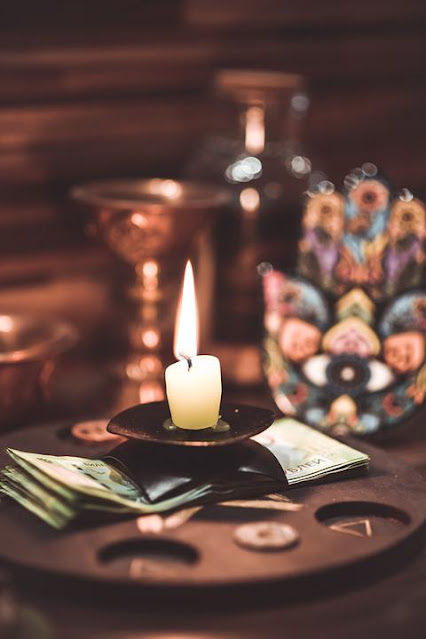I firmly believe that everyone is unique...we are all our own special people and our experiences are specific to us. Even if when looking at twins who grew up together, they will be different people, and they will have different experiences in the same situation, even if it looks (from an outside perspective) as if they are having the same experience.
We tend to try to clump people together and make generalizations about experience based on common factors. For example, we may feel like women in general are more nurturing and 'naturally' take to motherhood, and yet obviously, not every woman feels that way. By trying to create a unifying factor, we are actually isolating the people who don't feel like they fit and making them feel like they are less than or 'not a real' woman (or whatever other category you clumped people into).
This is why I feel like shared experiences...in conjunction with talking about those shared experiences and our personal responses to them...are so important. The shared experience gives us a common ground to work from, but then our personal reactions (and talking about them) let us see the differences in our perspectives. The more we not only share experiences but really dive into how we felt during those experiences, the more we will come to realize that no one experiences things exactly the same..and not only is this okay, but it's wonderful!
But I also feel like we need to work harder to include diverse groups in our shared experiences. Most people have certain groups (or types) of people who they associate with on a regular basis...and most of us seek out people that are 'like us' to hang out with, because we feel like we have that bases of shared life experiences. In fact, we often seek out groups that fit the parts of us we most identify with, whether that is based on our race, our culture, our gender, our sexual identity (or tastes), our hobbies or our struggles.
The problem comes when we only associate with (and share experiences with) people who we assume are like us. The more we surround ourselves with people who are just a reflection of our own self, the more we start to forget that there are other types of people and other types of experiences. We are literally denying ourselves the opportunity to experience a bigger world...we are limiting our world.
Being in broader groups and sharing experiences with people who aren't like you can definitely be scary. You may feel more alone (at the start) and worry if the other people will understand you or judge you. You may have been told stories about what other people are like (and often stories about 'other people' are very biased and designed to make outsiders seem undesirable) or maybe you are just scared of making a mistake and insulting someone because you don't know better.
But widening your circle to include more diversity can also bring a lot of excitement. It can literally open up whole new worlds to you, expose you to ideas and things you couldn't have imagined....and also show you how many similarities you have with people you maybe didn't think you'd have anything in common with.
Truth is something we often struggle with, but sharing experiences has a way of letting people experience the truth for themselves. It's much easier to show someone how hard something is (especially if you can make it so they can go through it personally) than to try to describe it.
It can take a lot of bravery to put yourself in a new experience, but being open to it will go a long way in helping you adjust and have a wonderful time. One of the most important things is to try your best to get rid of all your expectations (except for having a good time!). If you think you know what a thing will be like (but you've never actually tried it), then take a breath and clear your mind and focus on what you are experiencing.
Setting aside our judgements can be tricky, but it is worth it. And sometimes your expectations might be spot on, and sometimes the experience might not be that enjoyable. But even in those cases, you learn something! And moving forward, you now have experiences outside your comfort zone, you have shared experiences with people who aren't in your normal social circles...and that alone can give you a huge advantage over anyone who keeps only to people they feel are 'like them'.






